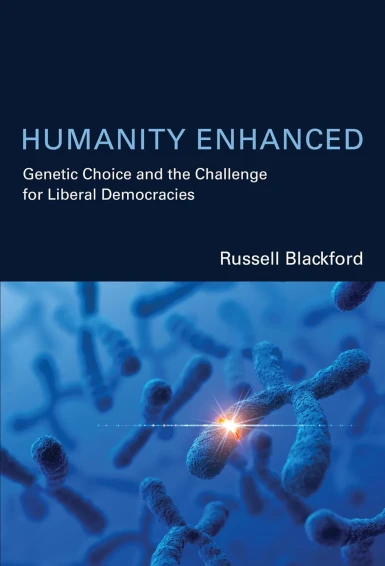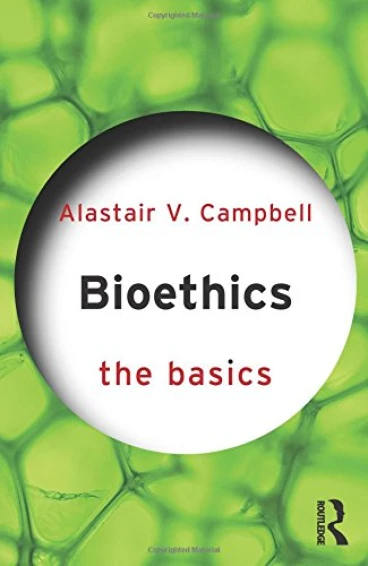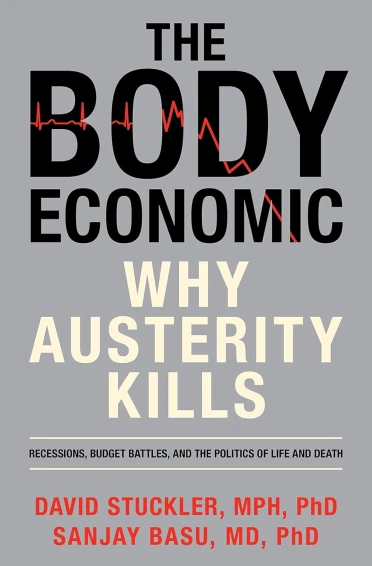
Flowers for Algernon
Daniel Keyes,
ISBN 1-85798-938-4
RRP £6.99
When Algernon, a laboratory mouse, displays hugely enhanced problem solving abilities, researchers attempt to replicate the effect on Charlie Gordon, a floor sweeper with an IQ of 68. Flowers for Algernon is the poignant diary of Charlie as he records the effect of these experiments on his life, thoughts and emotions. First published as a novella in 1959, and then developed into a Nebula award winning novel in 1966, this sensitive work of science fiction addresses issues that seem even more pressing today than when Flowers for Algernon was first published.
Charlie’s diary, which begins as a simple, misspelt account, rapidly develops in fluency and style as his intelligence increases. From a position of uncomplicated faith in the architects of his experimental treatment, he begins to question their prejudices about the nature and value of his previous life, their motives for the experiment, and even their competence to manage its implications. Alongside the pleasure that Charlie begins to derive from intellectual learning, he finds himself faced by the duel challenges of facing up to an understanding of the neglect and contempt he encountered in his past, and of negotiating changes in his relationships with friends and family. Finally, when Algernon develops erratic behaviour and dies, Charlie is forced to face the fear of loosing all that his new life has brought.
No doubt, if such an experiment became possible in today’s world, it would be closely monitored by research ethics committees not least because of the questions of informed consent that it raises; however, in the contemporary context, this story raises further challenges that our regulatory apparatus falls far short of resolving.
At a time when ‘cognitive enhancement’ receives attention from both students seeking to improve exam performance, and trans-humanists arguing for a new species future, Flowers for Algernon questions the very merit of intellectual enhancement. However, this is far from a reactionary appeal to the human status quo, not least because the valuable contribution that Charlie may be able to make to human knowledge and happiness is acknowledged; it is balanced alongside an acknowledgement that intellectual endeavour has limits and cannot ultimately answer the existential problems of human relations. The value of intellectual ability is located clearly within a social environment which is prone to valuing not only knowledge over ignorance, but also people who are knowledgeable over people who are ignorant.
Parallels raised between the way Charlie’s friends treated him in his daily life, and the attitude of researchers towards Charlie as an experimental subject raise uncomfortable questions about the relationship between apparently trivial daily attitudes and conduct, institutional abuse in research contexts. Although today we may look to the security of our research ethics apparatus, Flowers for Algernon is a timely reminder that quotidian social conduct informs the context in which formal ethical judgements are made.
Only passing attention is given to the theoretical issues raised in this book. For example, despite its important in the plot, only one or two sentences address the question of what “IQ” is, and of its relationship with knowledge and learning. Although other works of science fiction have a far better record in this respect, the complaint seems pedantic of a classic work of science fiction, which engages with the social implications of its premises so well.
Flowers for Algernon is a reminder of the valuable role for fiction and narrative as we seek to engage with the implications of today’s emerging technologies. It is both a light enough read to enjoy on holiday this summer, but also a stimulating challenge to reconsider what it means to treat one another with humanity.










